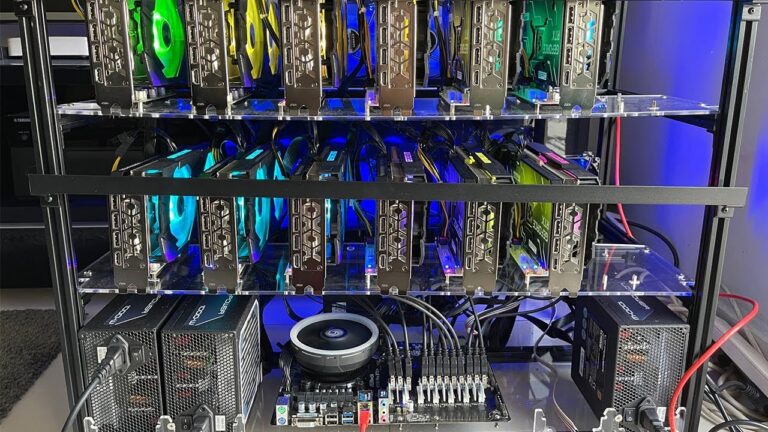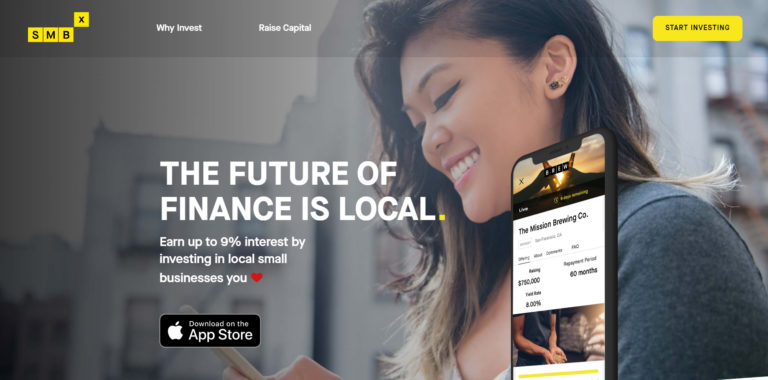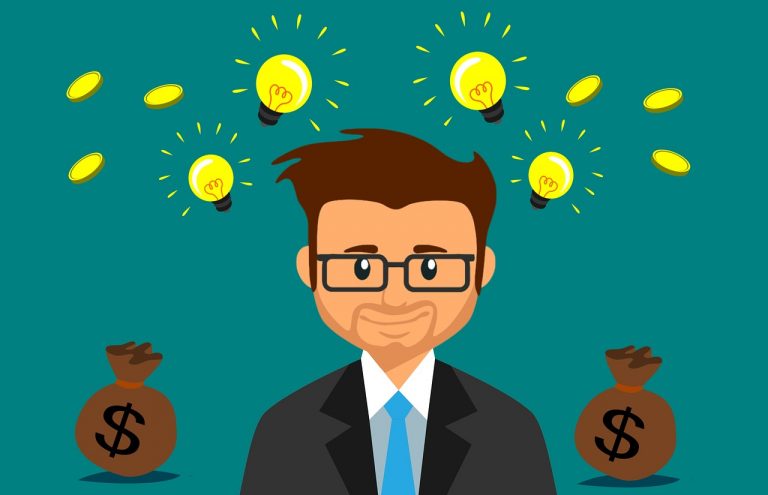80% of Americans are still in debt and making efforts to become debt free. Student loans, mortgages, credit card debt, car loans, these are just few of the loans they need to pay off.
Paying off debt needs a good planning and constant effort, but it can be done.
But what’s next?
For many people, self included, once all loans are cleared, there’s a moment when you just don’t know what to do with all the money left each month.
Buy more stuff? Travel more? Start aggressively saving for retirement? Investing?
Without a plan it’s easy to get swept away and either get back in debt or just squander money like there’s no tomorrow.
How can you life after finally becoming debt free?
Sit down for a moment and think about your goals. Short term goals, long term. What would you like to accomplish next? And more importantly – what got you in debt in the first place?
Understand your debt triggers, so that you don’t repeat your past mistakes
I got into debt 2 times:
- in 2004, I bought a laptop. My salary was small back then and I was trying to make it as a freelance web designer on the side. Not having a proper PC slowed down my learning and business, so I decided to buy a laptop and pay for it the next 3 years.
- in 2008, I bought a new car. The monthly payments were way bigger than before (about 13 times more) and, after about a year, I was also jobless. It was a shockingly hard time and I barely made it out of debt that time.
The lesson has sunk in: save money and get yourself gadgets or cars, don’t get into debt for them.
The only debt I’d consider now would be a mortgage, if needed, since I’d rather pay for a house 20 years and be left with it, then pay rent 20 years and get nothing afterwards (only the chance to have used the house to live in).
If you don’t have a budget, it’s time for it
Lifestyle inflation is not just a fancy finance expression, it happen to most of us, when we get too much disposable income each month.
Chances are you already had a working budget (it really helps speed up debt payment), but, if you didn’t use one, don’t wait another day.
Write down your main income sources and your main expense categories.
Keep track of your money (income / spending) and see a pattern. Create a budget based on these findings and then see if you can save any money in any of these categories.
Which brings us to the next HUGE step:
Create an emergency fund
Few years ago my old laptop ‘died’, so I had to replace it. Because all my work is done on it, I can’t wait for days or weeks to buy a new one, usually it’s something happening on the same day.
The frugality gods with frown upon this, but, if my laptop breaks today, I’ll get a new one in under 2 hours.
It doesn’t matter if I could have saved a hundred bucks from elsewhere, I just buy it, because otherwise I lose more money not being able to work.
The good news is I didn’t get into debt again, our emergency fund covered the costs nicely. And I was back in business few hours after, as soon as I could install my software and move all my archives.
The car had to be repaired few times already, we got the emergency fund to rely on.
The same with any medical issues or new travel plans.
Your emergency fund can make the difference between staying debt free or getting back into debt.
Just as you diligently paid your creditors each month, pay yourself first now and save money as much as you can.
Medical emergencies, unemployment, house repairs, anything unexpected should be easily covered with your emergency fund.
Start slow, by building savings to cover all your expenses for 3 months (should you become jobless). Then 6 months and even a year.
Save money for retirement
Paying off debt has probably slowed down your retirement savings, but now it’s time to get back on track. Invest in your company 401(k), an IRA and any other retirement funds you consider appropriate.
In most cases, you can have deductions from your paycheck automated and put into your 401(k) account. This simplifies the process and many companies will even match your contributions to your 401(k) account.
If you are self-employed, go with an IRA account.
Try to max out your contributions each year, you never know how retirement will look like and it’s always a good idea to be prepared.
Go enjoy life
We used to travel a lot, even when I was still in debt. Getting my web design business off the ground allowed me to pay off my car loan and also enjoy quite some traveling.
As soon as you have paid off debt, are set for retirement savings and have an emergency fund up and running, you should look into more ways to have fun.
This doesn’t have to be overly expensive, there are many travel opportunities on the cheap. You don’t have to stay in 5 star hotel rooms, there are many great apartments at a fraction of the cost.
Cheap flights are everywhere, you can literally fly with only few bucks.
There are no limits to what you can achieve once you are debt free. Are you in this position right now? Working towards it?




